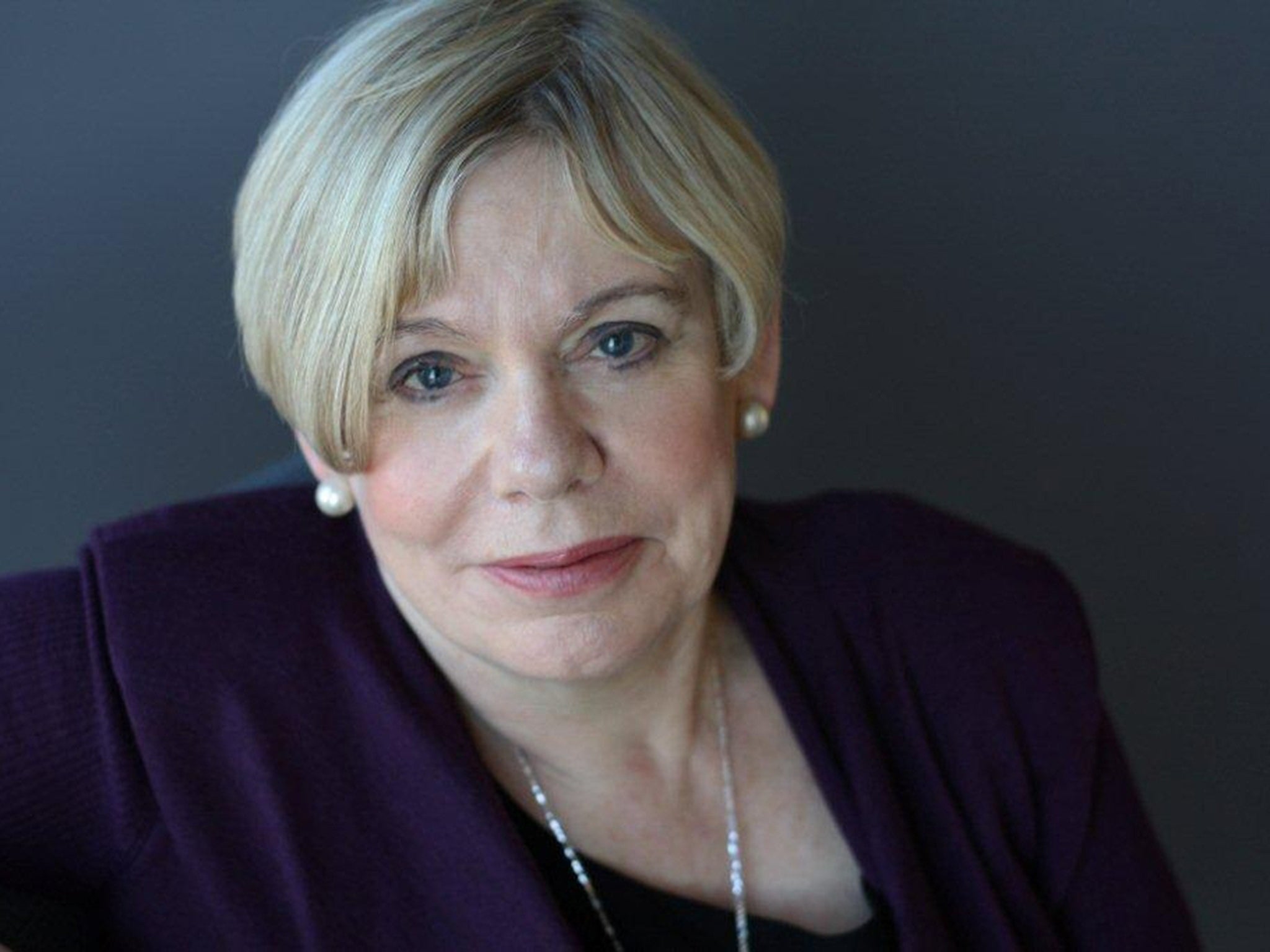Fields of Blood: Religion and the History of Violence by Karen Armstrong, book review: Neo-cons, prepare to get angry
At times the books becomes a chronology of violence committed in the name of various religions – what they did, rather than why

Your support helps us to tell the story
From reproductive rights to climate change to Big Tech, The Independent is on the ground when the story is developing. Whether it's investigating the financials of Elon Musk's pro-Trump PAC or producing our latest documentary, 'The A Word', which shines a light on the American women fighting for reproductive rights, we know how important it is to parse out the facts from the messaging.
At such a critical moment in US history, we need reporters on the ground. Your donation allows us to keep sending journalists to speak to both sides of the story.
The Independent is trusted by Americans across the entire political spectrum. And unlike many other quality news outlets, we choose not to lock Americans out of our reporting and analysis with paywalls. We believe quality journalism should be available to everyone, paid for by those who can afford it.
Your support makes all the difference.It’s hard to reach the end of a news bulletin these days and not hear about a fresh atrocity perpetuated by men who claim that God is not only on their side but egging them on to kill.
If it isn’t Sunni militants, decapitating Shia, Yazidis and Christians in Iraq, then the Shia are killing the Sunni, or Boko Haram are slashing away at Nigeria’s Christians.
One chicken-and-egg question thrown up by this mayhem is whether religion is a cover for other motives (in which case the “messages” of the various holy books are virtually irrelevant) or whether the gorier passages in the Bible and the Koran have given people who might have behaved differently a real inventive to turn on their neighbours. If the latter is true, religion is not just an excuse for violence; it’s a key ingredient. Those familiar with Karen Armstrong’s earlier books will not be surprised to learn that she looks coldly on the simplistic but fashionable view that belief in God is the principal factor in a host of wars, past and present. For a start, she doubts the usefulness in this debate of terms like “religion” or “belief”, because the meaning of these words over time has mutated almost beyond recognition.
As for the three great monotheistic faiths, none has an unambiguous take on violence, she writes, because each draws guidance from sacred texts that have been heavily redacted over succeeding generations. Each of the faiths is too all-embracing – too chameleon-like in its ability to adapt to circumstance, and too influenced by the politics of the societies in which it exists, to have a concise view on whether violence is justifiable. All three give off different lights, which explains why the same Bible inspired both the peaceful Quakers and the militant warriors of the Crusades.
One significant difference between Christianity and Islam is that Jesus was an out-and-out pacifist while Mohammed was not. Aside from that, Armstrong notes, Islam has undergone a similar editorialising process to Christianity, reflecting radical changes in the faith community’s circumstances. Just as Christianity has produced men and women with startlingly different perspectives on violence, the same Muslim faith has inspired the pacific and irenic outlook of the Sufis and the much narrower creed of the Wahhabis.
The greatest Muslim empire in history, meanwhile, that of the Ottomans, happily accommodated a wide range of religious difference during some periods and was murderously violent towards religious minorities at others. The point here is that these upsurges in violence rarely had much relation to religious activity. When the Ottoman Empire felt politically and militarily confident, it was usually fairly tolerant. When outside powers closed in, it became more suspicious of, and violent towards, potential enemies within.
This is a long, detailed book that tries to cover too much territory. Some readers may get bogged down in the dense early chapters on the belief systems of Ancient Mesopo- tamia, China and India. At times the books becomes a chronology of violence committed in the name of various religions – what they did, rather than why.
Those most interested in the author’s views on events in the Middle East may wish to fast-forward to the last third, when Armstrong argues persuasively that politics rather than faith is the root cause of much of the recent carnage in the Muslim world. She believes several states that the British and French imperialists established after the First World War are now imploding. These entities, she writes, have never made much sense to people with little sense of nationality. Resting on force, their collapse brings pandemonium with it. A book to annoy neo-cons and liberal interventionists the world over – as Armstrong no doubt intended.
Join our commenting forum
Join thought-provoking conversations, follow other Independent readers and see their replies
Comments